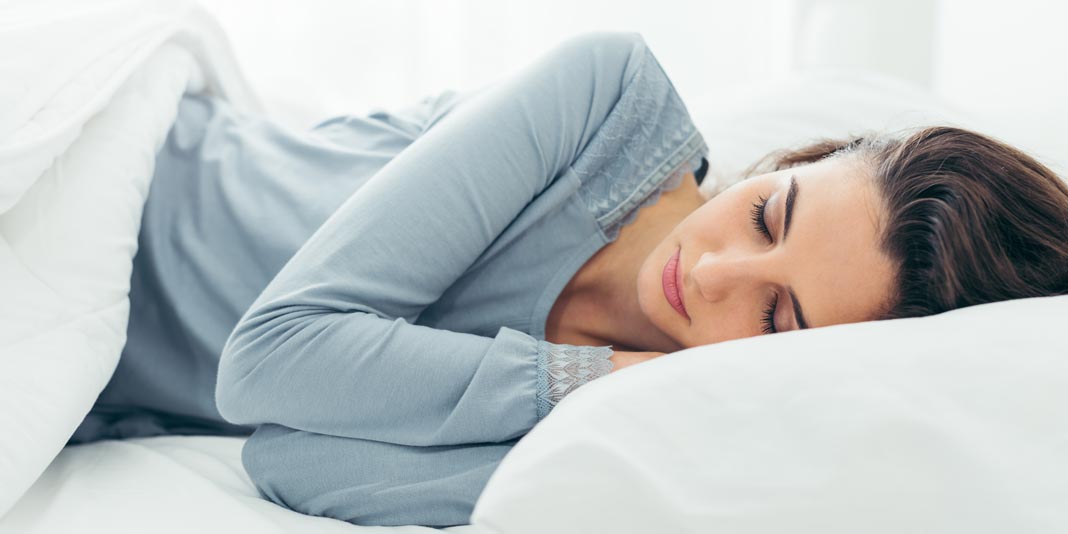Everything that lives and breathes has a circadian rhythm. Circadian rhythms are the physical, mental, and behavioral patterns in the daily cycle. In living things, circadian rhythms respond directly to either light or darkness within the organism’s environment.
The fact that we are naturally programmed to sleep at night and stay awake during the day is an example of a light-based circadian rhythm. Therefore, the circadian rhythm is a natural yet internal based process that regulates an organism’s sleep-wake cycle, repeating approximately every 24 hours. We’re breaking down everything you should know about circadian rhythms, as well as how they affect humans.
Relation to sleep
Circadian rhythms affect sleep in living organisms, essentially controlling sleeping patterns. Based on these rhythms, the body’s master clock releases serotonin during the night to help sleep. This serotonin makes the person drowsy, inducing sleep. This process is facilitated by the brain’s optic nerves and receptors.
Relation to jetlag
Jet lag is the consequence of a disrupted circadian rhythm due to travel. This is because when you travel through different time zones, your body’s circadian rhythm tries to adjust to suit the time zones as your biological clock is different from that of the local clock in your destination country. This is why at 8 am you may feel how you would feel at 3 am if there’s a 5-hour difference between your origin and destination. Eventually, your biological clock will reset along with its circadian rhythms in a few days.
Contribution to health
The study of circadian rhythms and biological clocks facilitates treatments for sleep disorders, mental health, and obesity. Circadian rhythms, biological clocks, and the human body all work together for the benefit of the individual. Understanding how these rhythms work with respect to different lifestyle factors allows the person to adjust more readily to new environments while working with their natural rhythms.




































